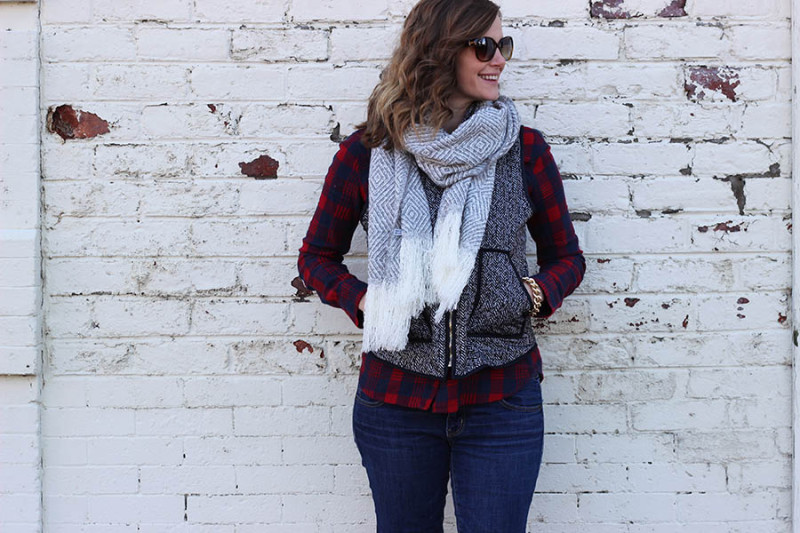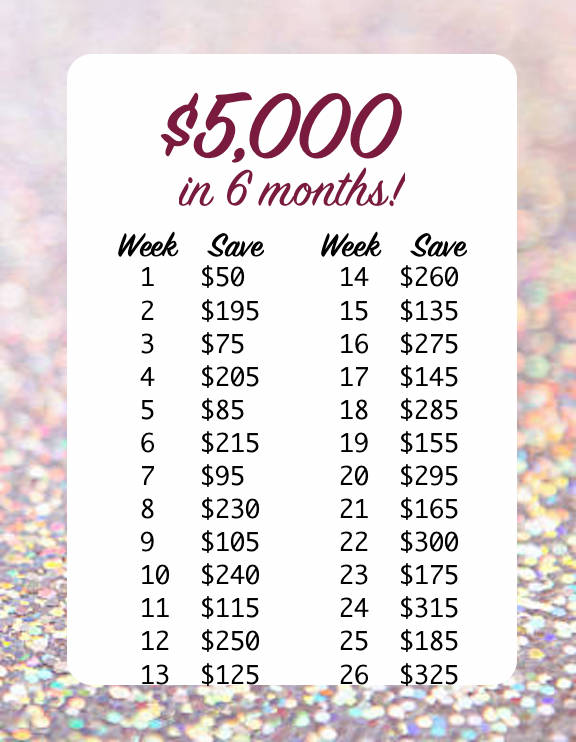Your baby goes through a few different stages as he learns how to interact with toys and other objects around him. They can focus best at objects between 8 and 10 inches.
Take care of yourself physically, mentally, and emotionally.

When should a baby start reaching for things. Standing, climbing furniture or walking. The ability to make a controlled grasp develops soon after at around four months. In the beginning, this means baby will love tightly grabbing your finger when he can or holding onto his binky for dear life.
Your baby will learn to reach for an object with one hand. Soon after your baby masters reaching, you can also expect her to start grabbing objects. By this age, he'll also be able to hold and shake a toy, as well as swing at dangling objects.
Generally, babies start reaching for things between 3 and 5 months. Sometime between 2 ½ and 4 ½ months, your baby will start reaching towards an object without yet being able to grasp it. She'll reach out and try to grab for something she wants, and she may be able to hold it for a few moments if you put it in her palm (sheridan 2014).
Generally, babies start reaching for things between 3 and 5 months. Most babies start to reach for toys between 3 to 4 months of age. Your baby will learn to reach for an object with one hand.
If she's eating solids, she won't be able to hold a. Here's what to expect from month to month: Showing needs and wants in ways other than crying.
Mom may have to put away her dangly earrings for the next several months, and parents who wear glasses must be on the alert. But avoid jumping to the conclusion that your baby has a tragic condition based solely on a “late” fine skill development. Sometime between 2 ½ and 4 ½ months, your baby will start reaching towards an object without yet being able to grasp it.
By around two months the baby’s cortex starts to take over in its brain, giving more voluntary control of movement to the baby. At 12 months old, your baby might be: You can help by giving your baby lots of practice batting at the safe dangling objects in the play gym:
At this age, a baby's vision changes dramatically; Place your baby on their back with their chest in line with the dangling batting ring. Why is this ability important?
When do babies start reaching for things? For example, most children begin to walk well on their own sometime between 11 and 15 months. When should my baby be grabbing things?
Remember, each infant is different and unique and so are their learning processes. By eight weeks, babies begin to more easily focus their eyes on the faces of a parent or other person near them. Babies learn to point between 12 and 18 months old.
Your baby should be reaching for familiar objects by month 4, although some infants may begin reaching — for toys, for the dog and, of course, for their caregivers — by month 3. When your baby is born, they’re peering up at you and the world around them through fuzzy eyes. At 12 months old, your baby will be more social and will love going for walks with you outside as well as spend time with the family.
13 rows from 7 to 9 months, some master sitting up on their own and using. It’s an exciting day when baby discovers how to use her hands. He becomes more aware and interested in his/her surroundings.
Your baby should be reaching for familiar objects by month 4, although some infants may begin reaching — for toys, for the dog and, of course, for their caregivers — by month 3. Many of the newborn reflexes are lost by this age. Babies are actually born with an innate ability to grasp things.
Not all babies start grabbing toys at the exact same time, neither do all babies start reaching for things around the same age. Pointing with their index finger. Babies usually chose brightly colored, small objects that are easy to grasp.
This is part of the baby’s instinctive drive to learn to use tools, an. She won't be able to grab smaller objects, like peas, until she develops better finger dexterity. Babies spend the first six months of life gaining control of their posture, which sets the stage for virtually all other movements, including reaching and.
The toys may be soft toys that hang from a baby gym or a toy ball that is on their play mat. Let’s dive in a little deeper to find out. But it’s not until the first three or four months that your little one will begin to develop a better sense of perception and be able to actually control.
During the first months of life, the eyes start working together and vision rapidly improves. How soon should you be alarmed if your baby isn’t pointing? 4 to 8 months at 4 months, your baby can pick up large objects, such as blocks.
Generally, babies start reaching for things between 3 and 5 months. As her finger skills develop, she'll learn to grab toys held. Shortly before she gets her first tooth (usually between 4 and 7 months), your baby will start picking up items here and there so she can put them in her mouth.
A newborn baby has an automatic grasp reflex. So, when do babies start pointing?

Toddler milestone Walking BabyCenter












